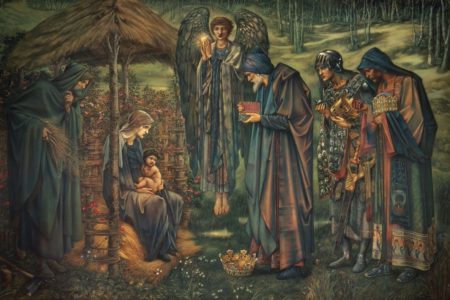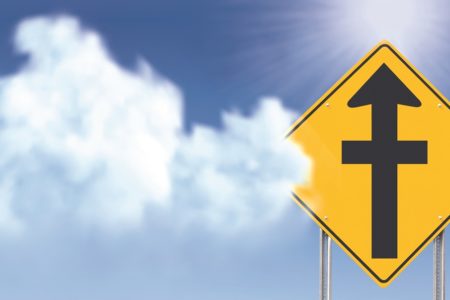From word games as children, to being gossipy adults, we love putting people, places and things into categories.
Something can harmlessly be ‘animal, mineral or vegetable’, or more awkwardly ‘too fat, too thin or shrill’.
Sometimes it can be convenient, and even helpful, to put someone or something into a box. The recent national Census did this for good, practical reasons.
However, I have particularly noticed we like to do it with churches. I am not talking of whether they are Protestant, orthodox, Catholic, pentecostal; but whether a denomination itself, or even a local congregation is say, liberal, progressive, evangelical or conservative.
Or perhaps some other label. Again, these categories can be useful, but they usually carry a deeper problematic meaning: ‘is that church actually like us’, or perhaps, ‘this, say liberal, church should not even be regarded as being “Christian’.
So, who are we as the Uniting Church in Australia? And what can that label mean for us?
I was prompted to think of all this as I read an article in last Saturday’s Age about the American author Marilynne Robinson and her latest book Jack (a sequel to her book Gilead): novels written within the context of mainline Christianity in the US.
The reviewer understandably asked Robinson about her own religious affiliation. She said she was a Congregationalist.
And as any understanding of that denomination has dropped out of Australian consciousness (though folk of a certain vintage will recall it being one of the uniting churches back in 1977), the reviewer provides Robinson’s answer as to how one would label members of this church today.
(Robinson’s faith was) liberal protestant . . . it is orthodox in the sense it is at peace with the major positions of Christianity. At the same time, it’s quite democratic in its assumption that people are competent to think freely, and it’s open to every kind of enquiry.
Not surprisingly, I thought, that sounds like us.
This is a good description of being a Uniting Church member. I could even ‘proof text’ Robinson from the Basis of Union.
So, paragraphs 5 about the Biblical Witness, or 6 about the Creeds, or 10 about the Reformation Witness and, finally, 11 about Scholarly Interpreters, all resonate with Robinson’s description of Congregationalism.
To quote from the Basis, she seemed to be seeking today to ‘confess the Lord in fresh words and deeds’.
There is even a ‘democratic’ element to us when in Paragraph 13 we ‘affirm that every member of the Church is engaged to confess the faith of Christ crucified and to be his faithful servant’.
Why then has Robinson’s self-understanding, and I would suggest our own church’s self-understanding, seemingly become so problematic?
As I suggest above, our church’s label suggests for others it is barely Christian: it is too liberal, too progressive on say, matters of sexuality, or social justice.
Or perhaps another way of saying this is that our ‘box’ or ‘label’, in the taxonomy of ‘churches’, is getting smaller and smaller in comparison with other churches today.
More and more people don’t wish to just ‘hear the Word of God’ (paragraph 5) in the Bible, but regard it as the words of God; or treat the Creeds as being ‘framed in the language of their day and used by Christians in many days’ (paragraph 9), but see them as being rigid, enforceable doctrines; or grapple with ‘current literary, historical and scientific inquiry’ (paragraph 11), but simply see the Christian faith as justifying a parallel universe of often ignorance, discrimination and injustice.
We indeed need to ask, why do fellow followers of Jesus see their faith so differently to our apparently ‘liberal protestant’ view? Do we somehow exclude different cultural views or are we just a church of the educated, or even of the rich? Do we offer too many shades of gray, and not enough black and white certainty? Is that our problem: the world is crying out for something clear and definite to believe in, and not a faith seeking understanding in a complex context?
By no means are we in the Uniting Church perfect. Indeed, in the Basis, it is assumed we will at times lose the way and there will be erroneous things in our life (see paragraph 18).
However, the challenge is that in humility, we seek the ‘gift of the Spirit’ to be ‘the people of God on the way to the promised end’ (paragraph 18 again).
In other words, we should not give up on who we are: faithful people grappling as to what being a Christian today means. However, at the same time we need to realise that in contemporary Australia, this is not necessarily how the church, the whole church, sees itself; nor indeed society now understands and then labels the church.
Labels can be instructive, but they can also be awkward. My hope would be we are able to acknowledge and claim the label we have acquired, like the label Marilynne Robinson gave herself, and see it is important for us, our relationship with other churches, and it is even important for Australia.





